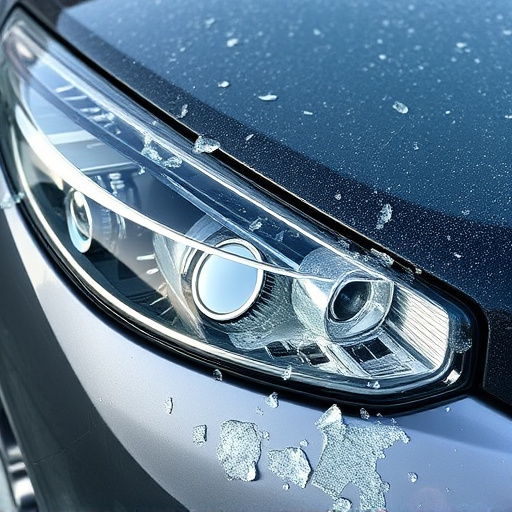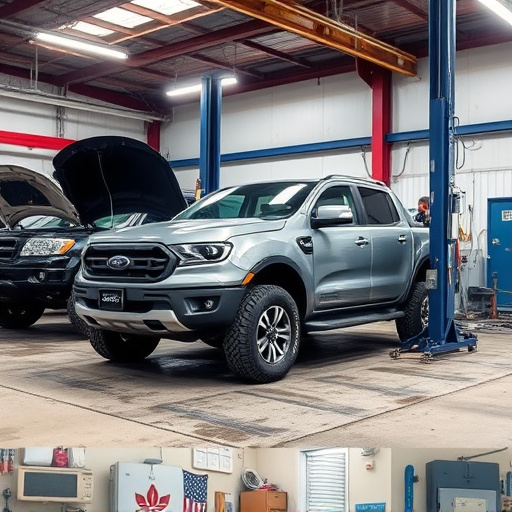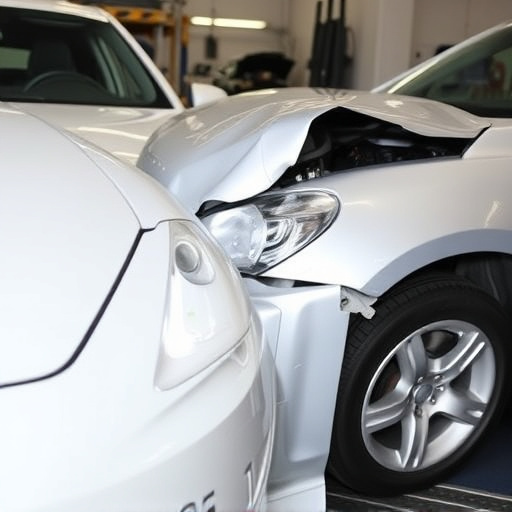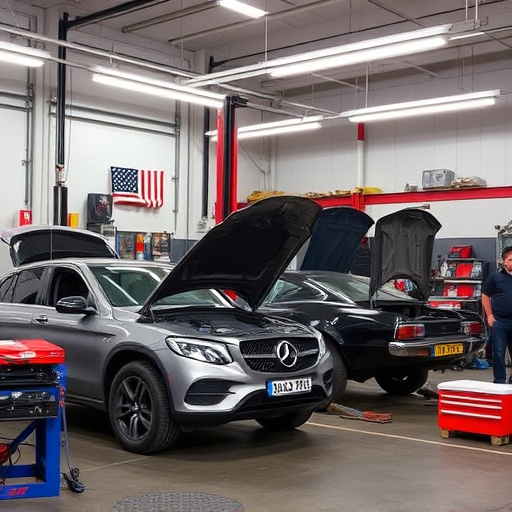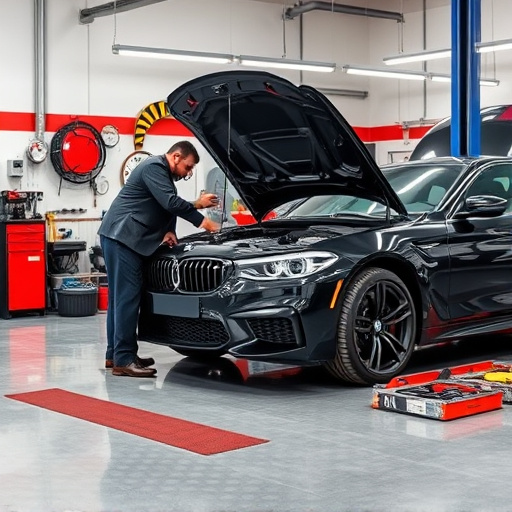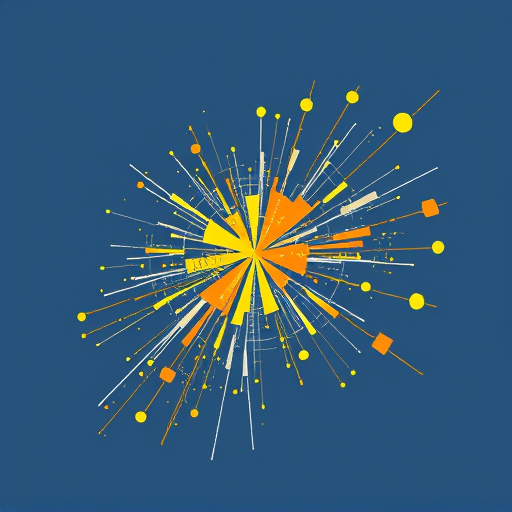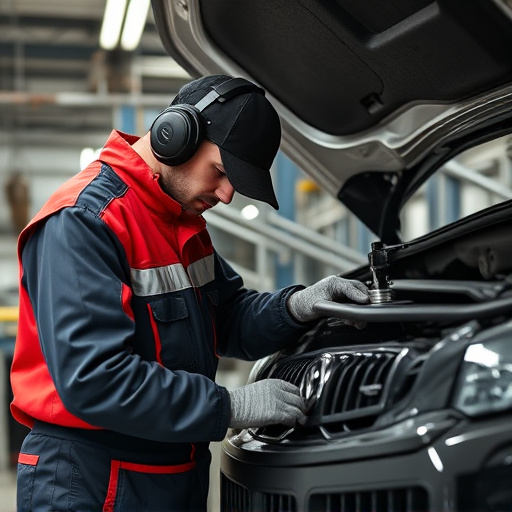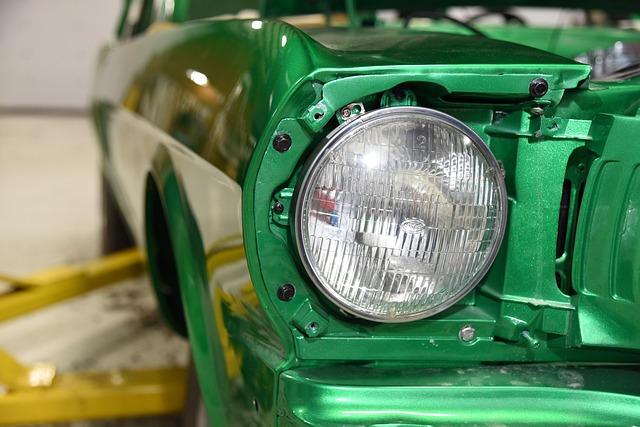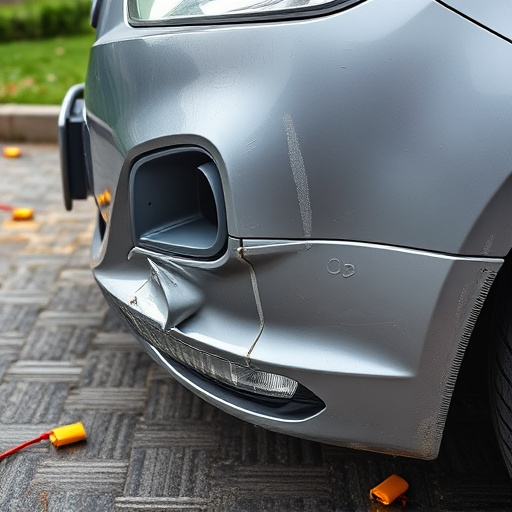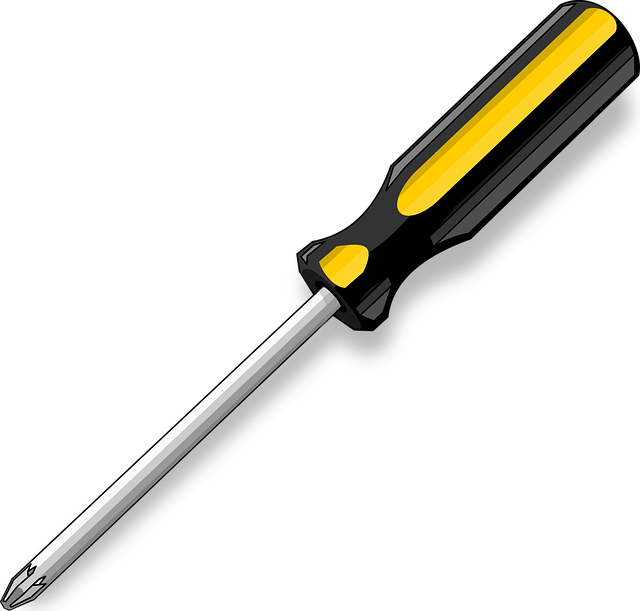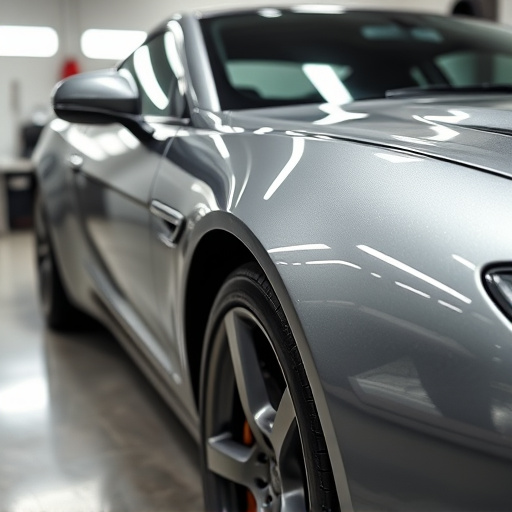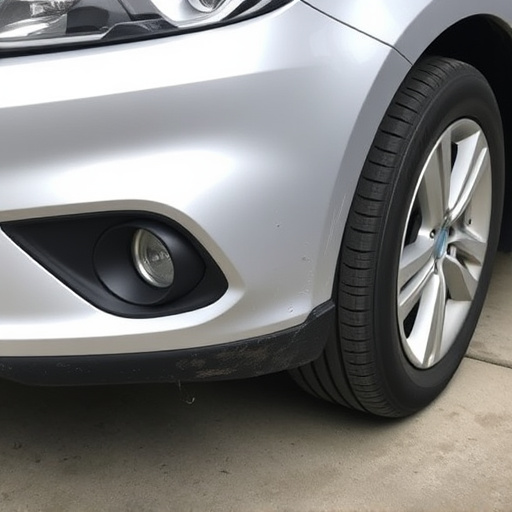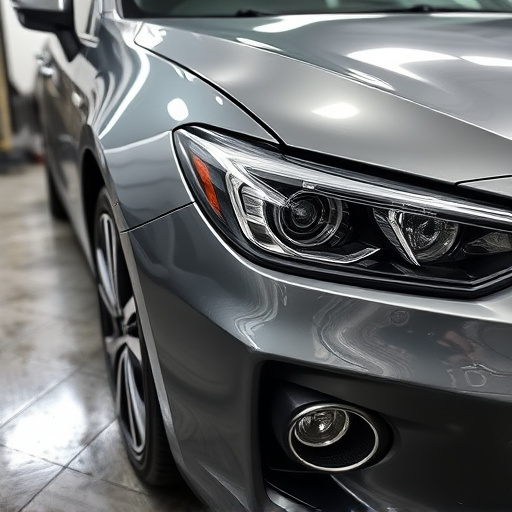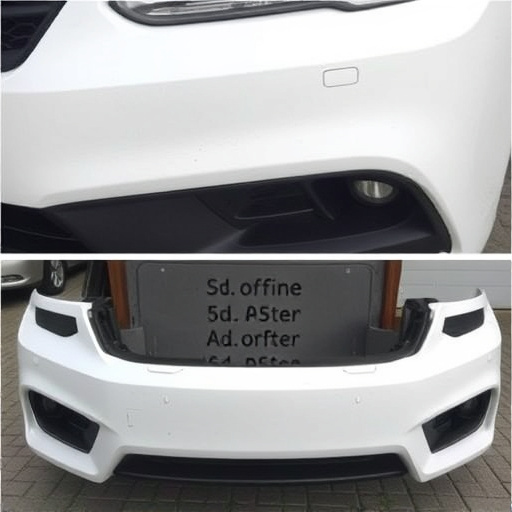Collision repair specialists evolve from traditional bodywork to encompass diverse automotive restoration and customization using advanced digital diagnostics and CAD. Driven by consumer demands for precision and aesthetics, they blend art and technology to cater to modern vehicle systems. Their role requires technical expertise in vehicle construction, composite materials, and sophisticated tools, coupled with soft skills like communication and problem-solving. Staying current with industry trends and certification from reputable organizations ensures top-notch services in a competitive market.
In today’s advanced automotive landscape, the role of collision repair specialists has evolved significantly. These professionals are no longer just fixers; they are skilled artisans equipped with a deep understanding of modern vehicle technology. This article explores the training required for collision repair specialists, focusing on the evolving skills and knowledge needed to excel in this dynamic field. We delve into hands-on training programs and certifications that prepare them to meet the demands of contemporary auto body repairs.
- Understanding the Evolving Role of Collision Repair Specialists
- Essential Skills and Knowledge for Modern Auto Body Repairs
- Hands-On Training and Certification Programs Today
Understanding the Evolving Role of Collision Repair Specialists
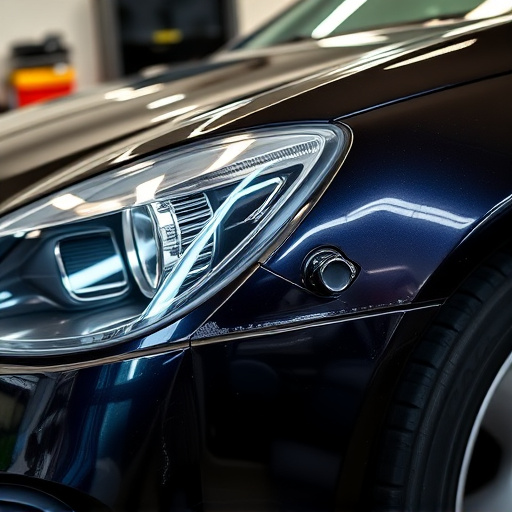
The role of collision repair specialists has evolved significantly over the years, moving beyond simple vehicle body repair to encompass a broader spectrum of automotive restoration and customization. Today’s specialists are expected to be adept in various techniques, from traditional metal welding and painting to advanced digital diagnostics and computer-aided design (CAD). This changing dynamic is driven by consumer expectations for faster, more precise, and aesthetically superior repairs, as well as the increasing complexity of modern vehicle systems.
Collision repair specialists now often find themselves at the intersection of art and technology. They must be skilled in both the traditional auto body repair methods and the latest digital tools to effectively handle today’s diverse range of vehicles and repair needs. This dual expertise allows them to deliver high-quality, personalized solutions, ensuring that restored vehicles not only function optimally but also retain their original aesthetic appeal.
Essential Skills and Knowledge for Modern Auto Body Repairs
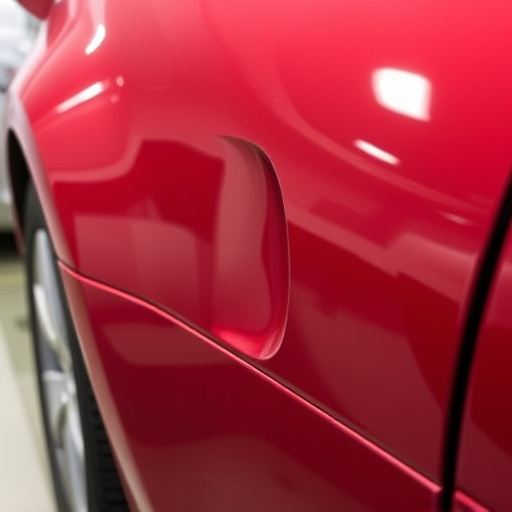
Collision repair specialists today require a blend of technical expertise and soft skills to excel in their field. Essential skills include a deep understanding of modern vehicle construction, advanced safety features, and composite materials used in auto bodies. They must be adept at reading detailed schematics and using sophisticated repair tools to ensure precise and safe repairs. Knowledge of the latest technologies in paint matching and finishing is crucial for achieving high-quality results that match the vehicle’s original factory finish.
Beyond technical prowess, effective communication, problem-solving, and time management are vital. Collision repair specialists often interact directly with clients, explaining complex procedures and providing transparent estimates. They must manage their work efficiently to meet tight deadlines while maintaining accuracy. Additionally, staying up-to-date with industry trends, new repair techniques, and safety standards is essential for collision repair specialists to deliver top-notch services in a competitive market, encompassing aspects like vehicle dent repair, tire services, and overall vehicle body shop operations.
Hands-On Training and Certification Programs Today
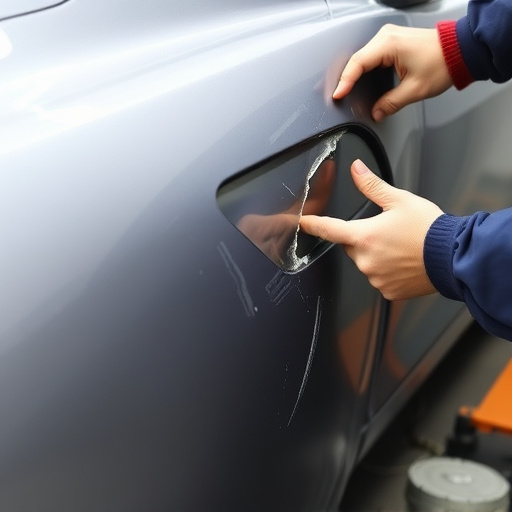
In today’s competitive automotive industry, becoming a skilled collision repair specialist requires a comprehensive blend of theoretical knowledge and hands-on experience. Many top-tier training institutions now offer specialized programs designed to equip aspiring specialists with the necessary tools for success. These programs often include intensive workshops, where students learn intricate techniques such as panel replacement, paint matching, and advanced welding methods, ensuring they can expertly handle various vehicle collision repairs.
Certification plays a pivotal role in validating these skills. Reputable organizations offer certification programs that cover everything from basic bumper repair to complex structural alignment. These certifications not only demonstrate proficiency in vehicle collision repair but also open doors to better career opportunities within the industry, including positions at high-end collision centers.
Collision repair specialists play a pivotal role in today’s automotive industry, combining technical expertise with creativity to restore vehicles to their pre-accident condition. With constant advancements in materials and technology, the evolving nature of this field demands specialized training and certification programs that keep up with these changes. By investing in comprehensive hands-on education, collision repair specialists can master essential skills, ensure superior workmanship, and meet the growing demand for high-quality auto body repairs in today’s digital era.
